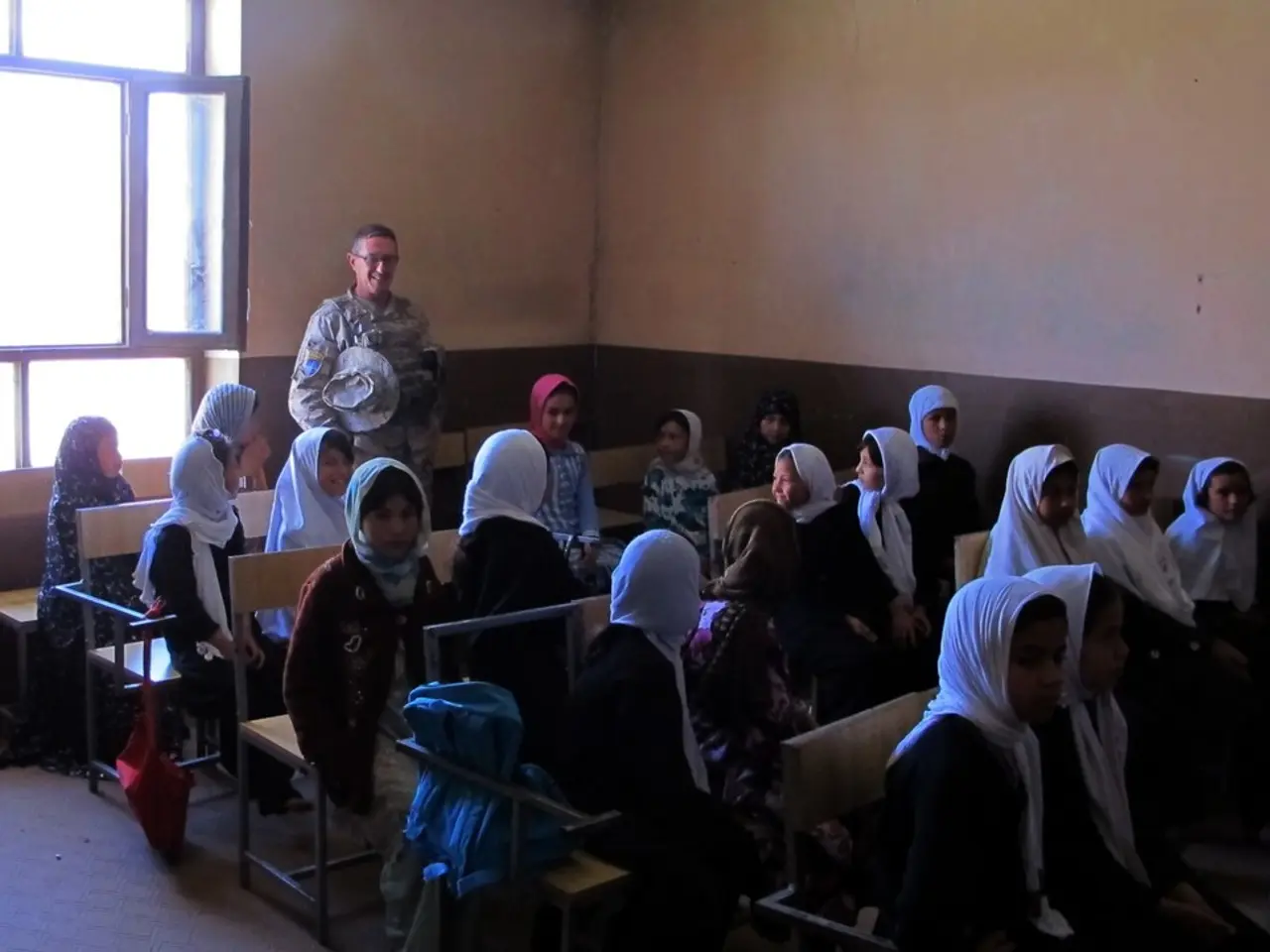Exploring Service Learning Models within the Realm of Academia
Service learning is an educational approach that empowers students to engage in community service projects, directly addressing specific needs within their local communities. This model, when implemented effectively, can enhance academic learning while fostering civic engagement and community involvement. Here are some key strategies to consider for designing successful service learning models.
Best Practices for Service Learning
Academic Integration
To make service learning a meaningful part of the educational experience, it's essential to align projects with the curriculum and learning objectives. By connecting service activities to relevant course material, students can deepen their understanding and application of the subject matter.
Student Engagement and Reflection
Preparation activities and reflection exercises, such as journals and discussions, help students understand the purpose and impact of their service. Encouraging student leadership in planning and executing service projects fosters a sense of ownership and responsibility.
Community Partnerships
Building strong relationships with local organizations or community groups ensures the service is meaningful and well-supported. Conducting needs assessments helps identify community issues that align with project goals, making the service more impactful.
Assessment and Evaluation
Developing clear criteria for assessing student learning outcomes and the impact of the service on the community is crucial. Establishing feedback loops between students, teachers, and community partners helps improve future projects.
Inclusive and Diverse Approaches
Ensuring that service learning projects are culturally sensitive and accessible to all students is essential. This approach respects the diverse backgrounds of both students and community members and promotes inclusivity.
Celebration and Recognition
Publicly recognising and celebrating students' contributions to service learning projects reinforces the value of community engagement. This recognition can motivate students to continue participating in service learning activities.
By adopting these practices, educators can create effective service learning models that enhance academic learning, foster community engagement, and promote civic responsibility among students.
The Future of Service Learning Models
The future of service learning models is poised for transformative developments influenced by technology and shifts in educational paradigms. Online service learning initiatives, interdisciplinary approaches, and sustainability-focused projects are just a few examples of how service learning may evolve in the coming years.
Collaboration with stakeholders, including educators, students, community organizations, parents, and local government, enhances the educational experience by integrating diverse perspectives and resources. Reflective practice in service learning models involves the intentional consideration of experiences and their implications for learning.
Examples of Service Learning Models
Service learning models encompass various approaches, including direct service learning, indirect service learning, and advocacy service learning. For instance, a group of high school students might design a marketing campaign for a local nonprofit, benefiting those the organization serves while learning essential skills. Alternatively, students could conduct surveys to identify community issues, with the data informing policy discussions or initiatives.
Challenges and Solutions
Although service learning offers numerous advantages, challenges exist, such as aligning service activities with academic curricula, availability of resources, facilitating meaningful reflective practices, and measuring outcomes effectively. Addressing these challenges requires ongoing training for educators and stakeholders on effective service learning methods and continuous assessment and feedback mechanisms.
In conclusion, service learning models combine academic learning with community engagement, emphasising hands-on experiences and real-world applications. Successful case studies of service learning models include the University of Minnesota's partnership with local non-profits to address homelessness and the "Civic Engagement in Argentina" project at a high school in California. Assessing outcomes of service learning models involves systematic evaluation to gauge the effectiveness of the programs. Key aspects of Advocacy Service Learning include identifying social issues relevant to the community, developing strategies to advocate for change, and collaborating with community organizations and stakeholders. Implementing service learning models yields numerous advantages for educational institutions, students, and communities, such as improved academic performance, increased civic engagement, and the development of critical skills.
- Implementing e-learning platforms in service learning projects can facilitate personal growth and learning by providing students accessible resources for research, reflection, and skill development.
- Instructors can adopt instructional strategies that integrate technology into service learning, such as using online discussions for reflection or utilizing digital tools for data collection and analysis.
- Education-and-self-development can be further enhanced through service learning by incorporating self-assessment exercises and goal-setting activities to promote lifelong learning and professional development skills.




